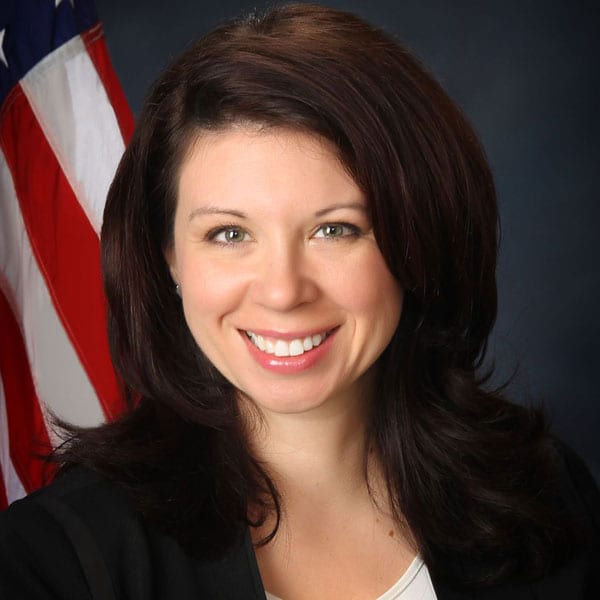
January 2, 2018; Patch, “Gig Harbor”
Republican Washington State Rep. Michelle Caldier, who is also a dentist, has introduced legislation that would establish public boards to monitor and set compensation levels for executives and boards of the state’s nonprofit health insurers. She submitted the legislation after reading about recent raises given to the CEO and board members of Delta Dental.
Included in that compensation: a $766,943 raise for then-CEO James Dwyer and raises for Delta Dental’s board of directors, who work, on average, between seven and 12 hours per week. For example, the then-board chair, Douglas Beck, got a raise from $96,732 in 2015 to $154,573 in 2016. Beck worked 11 hours on average per week for Delta Dental, according to tax filings. Total executive and board compensation in 2016 was about $10 million. The company gave out about $2 million in grants and charitable gifts that same year.
Caldier’s bill, which is being filed for a second time, would require each of five large health insurers to create a board comprising 10 customers; these boards would govern the compensation of board members and that of the five highest-paid executives. The law would only apply to the five biggest healthcare nonprofits in the state.
“My logic is, if this is what the people paying the premiums think is justified, then I think I’m OK with that,” Caldier says.
NPQ covered a similar situation with a health insurer’s board and executive compensation package in Massachusetts in 2011. In that case, a firm stance by then-state attorney general Martha Coakley resulted in a cessation of the practice of compensating board members and a lowering of executive compensation levels. In that case, in fact, the CEO was also the chair of the board, finally leaving the organization with a $416.5 million severance package. This sparked scrutiny of the whole field and, in fact, a study commissioned by Coakley of high nonprofit compensation. As Rick Cohen wrote at the time:
Sign up for our free newsletters
Subscribe to NPQ's newsletters to have our top stories delivered directly to your inbox.
By signing up, you agree to our privacy policy and terms of use, and to receive messages from NPQ and our partners.
Coakley’s report contended, “It is not always clear that large compensation benefits packages are actually necessary to attract and retain talent.” That conclusion runs head-on into a theme popping up in nonprofit journals recently that nonprofit executives should be paid like their for-profit counterparts, or at least that their organizations’ nonprofit status shouldn’t mean that they have to accept less than what they think is necessary or what they might deserve.
While not specifying or recommending salary caps, the AG report, according to the [Boston Globe], suggested that “nonprofit compensation committees to consider their charitable mission, how the executive pay compares to other workers’ salaries, and take into account the amount of public support the nonprofit receives from its tax-exempt status.” The report also suggested that nonprofit boards reconsider their promises to executives for large severance payments.
Cohen suggested that the usual processes involving compensation consultants hired ensure that CEO salaries were reasonable seem not to have had much effect in keeping salaries modest.
The AG’s report said, “we found little evidence that the process restrained CEO compensation or its growth” and the implication was also that these compensation consultants may not have been all that attentive to the gap between executive and non-executive salaries. Has the process of hiring compensation consultants who presumably know that they are being asked to justify high salaries become next to useless as a mechanism for restraining executive salaries, especially given that nonprofits can look at for-profits for comparables?
So, who knows? Now we have a federal tax on high salaries and a bill to monitor them through the imposition of a citizen’s monitoring mechanism. Perhaps nonprofit boards should take a hint from the public they serve.—Ruth McCambridge













